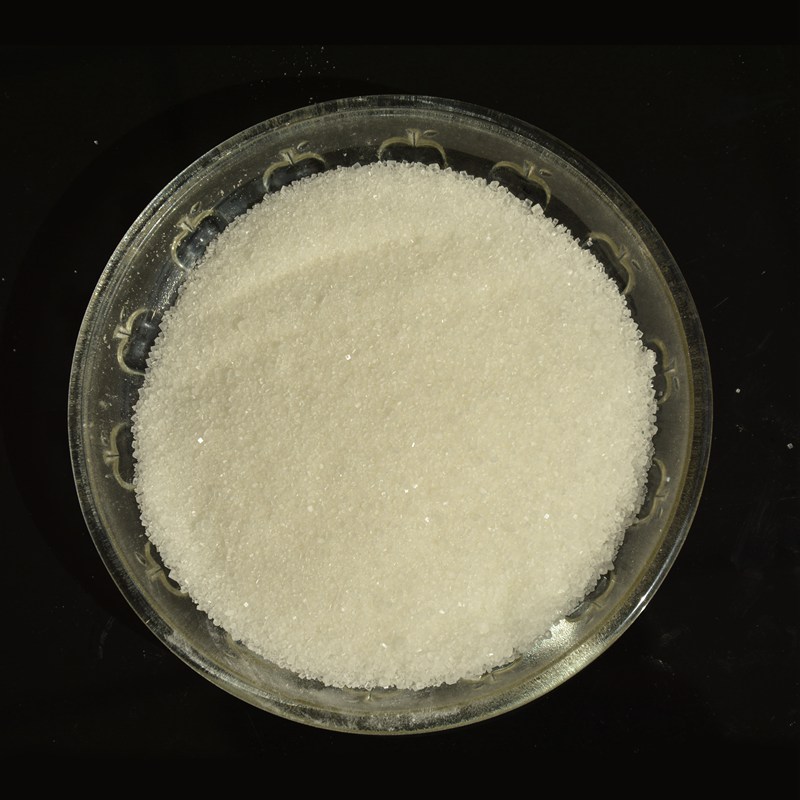
8月 . 06, 2024 14:41 Back to list
The Benefits and Applications of Organic Nitrogen Fertilizers for Sustainable Agriculture Practices
The Role of Nitrogen Fertilizer in Organic Farming
Organic farming has gained immense popularity in recent years, driven by a growing consumer preference for sustainably produced food. As part of this movement, nitrogen fertilizers have become a critical topic of discussion. Understanding the implications, sources, and environmental effects of nitrogen fertilizers in the context of organic agriculture can help farmers make informed choices that promote both productivity and sustainability.
Nitrogen is an essential nutrient for plant growth and is a key component of enzymes, proteins, and nucleic acids. In organic farming, managing nitrogen levels in the soil is vital since it directly influences crop yield and quality. However, unlike conventional farming, which often relies on synthetic nitrogen fertilizers, organic farming emphasizes the use of natural sources of nitrogen.
The Role of Nitrogen Fertilizer in Organic Farming
Despite the benefits, managing nitrogen in organic systems presents challenges. The slow release of nitrogen from organic sources can lead to short-term deficiencies, especially in the early stages of crop growth. Farmers must carefully plan their crop rotations and cover crop strategies to ensure that nitrogen is available when needed. Additionally, understanding the nitrogen cycle within their specific ecosystems can help farmers optimize nitrogen availability.
nitrogen fertilizer organic

Incorporating green manures and rotational grazing practices can further enhance nitrogen levels in the soil. Green manures are cover crops that are plowed back into the soil to improve its fertility and health. This method not only adds nitrogen but also increases organic matter content, which helps retain moisture and reduce erosion. Similarly, grazing livestock on cover crops can enhance nitrogen availability while also providing essential nutrients through manure deposition.
Furthermore, farmers must be cognizant of the environmental impacts associated with nitrogen management in organic systems. Excess nitrogen runoff can lead to water quality issues, such as eutrophication, which results in harmful algal blooms and dead zones in aquatic ecosystems. To mitigate these risks, organic farmers are encouraged to practice precision farming techniques, such as soil testing and careful timing of fertilizer application, to minimize excess nitrogen loss.
Another promising area of nitrogen management in organic agriculture is the use of biostimulants. These are organic substances that enhance plant growth by improving nutrient uptake and soil health. By utilizing biostimulants, farmers can potentially reduce their reliance on traditional nitrogen sources, leading to a more sustainable approach to crop production.
In conclusion, nitrogen plays a pivotal role in organic farming, acting as a crucial nutrient for healthy plant growth. While organic farmers face unique challenges in managing nitrogen, there are numerous strategies available to enhance nitrogen availability sustainably. By utilizing organic matter, incorporating crop rotation and cover crops, and embracing innovative practices, organic farmers can ensure productivity while protecting the environment. The careful balance of nitrogen management in organic farming contributes not only to healthier crops but also to the overall sustainable development of agricultural practices. The journey towards effective nitrogen management in organic systems is a vital step toward a more sustainable future for agriculture and food production.
-
10-10-10 Organic Fertilizer - Balanced NPK Formula
NewsAug.02,2025
-
Premium Organic Manure Compost for Eco Gardens
NewsAug.01,2025
-
Organic 10-10-10 Fertilizer | Balanced Plant Nutrients
NewsJul.31,2025
-
Premium Amino Acid Fertilizer | Rapid Plant Growth Booster
NewsJul.31,2025
-
10 10 10 Fertilizer Organic—Balanced NPK for All Plants
NewsJul.30,2025
-
Premium 10 10 10 Fertilizer Organic for Balanced Plant Growth
NewsJul.29,2025
